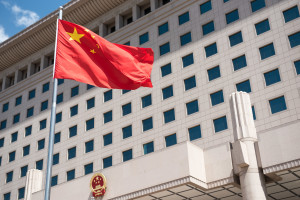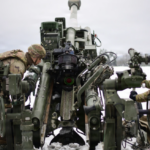
President Biden addressed strategic stability risks in his virtual meeting Monday with his Chinese counterpart Xi Jinping, according to a senior administration official, with the two leaders agreeing to hold further discussions on the issue. National Security Adviser Jake Sullivan said on Tuesday that, following the leaders’ talk, the U.S. and China plan to have “an intensification of engagement” on multiple levels, to include on “sensitive and consequential issues” such as arms control matters. “Without going into too much detail…

 By
By 











